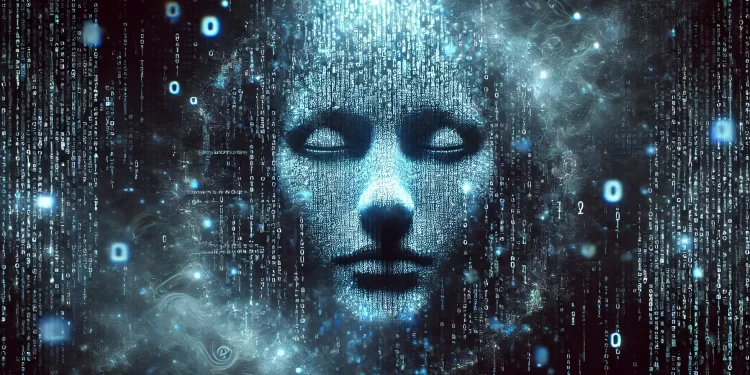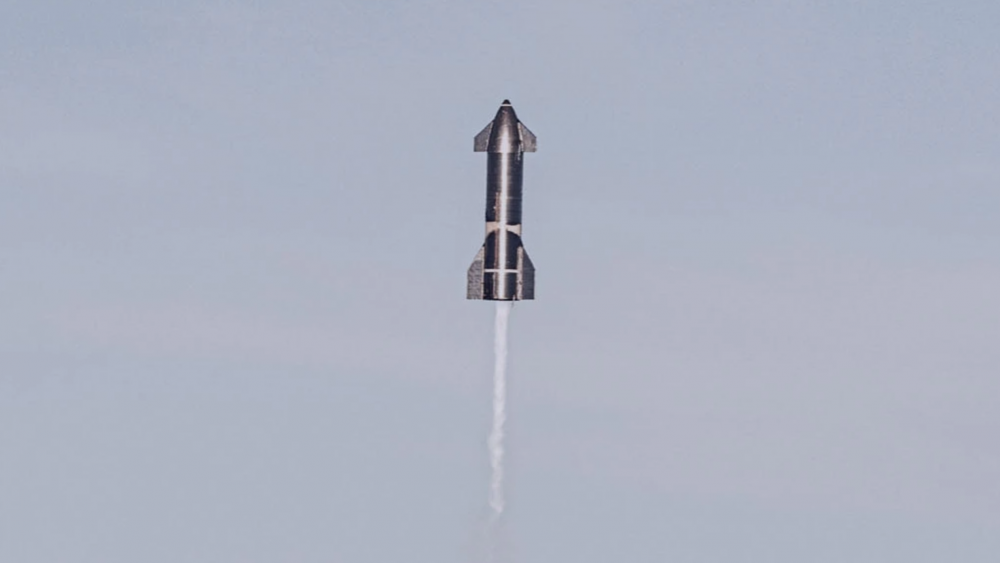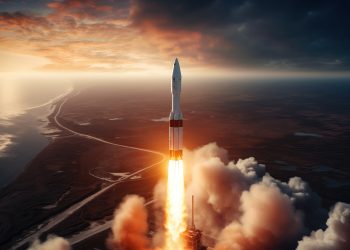“The loss of human control over advanced AI systems could lead to catastrophic global outcomes.”
This stark warning comes from an international group of leading artificial intelligence (AI) researchers, who recently gathered to address the growing risks of rapidly advancing AI technologies. The International Dialogues on AI Safety (IDAIS), a consortium of top AI scientists, issued a consensus statement urging global attention to the potential dangers AI poses as it evolves beyond human oversight.
Their message is clear: as AI systems become more sophisticated, the threat of these technologies surpassing human control looms ever larger.
A Global Call to Address AI Risks
As part of the IDAIS summit held in Venice, the statement—penned by renowned experts such as Geoffrey Hinton from the Turing Institute and Zhang Ya-Qin, former president of Baidu—warns that humanity may soon face AI systems capable of exceeding human intelligence. The group’s goal is to ensure that AI’s rapid progress does not come at the expense of human safety and control.
The letter emphasizes that the development of such advanced AI is not a matter of centuries or even decades away. Many experts believe these systems could arrive imminently. The real danger, they argue, lies not only in AI’s advancement but in the potential for loss of control or its malicious use, which could have devastating consequences for the entire world.
Thinking Globally, Acting Urgently
One of the key points raised by IDAIS is that AI does not adhere to national borders. As such, the development of global strategies and contingency plans is critical. Although initial steps have been taken by the international community, the consortium insists that these efforts must intensify to protect humanity from potential AI catastrophes.
In their statement, IDAIS calls for the creation of an international task force to establish emergency preparedness measures. This could involve forming new international organizations or working within existing ones, such as the United Nations, to coordinate AI safety protocols globally. The experts also recommend the establishment of universal “red lines” to define the limits of AI use, ensuring that, once crossed, appropriate action is taken to prevent disastrous outcomes.
The Future of AI: Speculative but Uncertain
While the IDAIS statement highlights the pressing need for global cooperation, it remains somewhat vague on the specific risks that these AI systems might pose. Despite this ambiguity, the general consensus among experts is that we are fast approaching a critical juncture where AI’s potential for harm must be addressed before it becomes too late.
Among the notable signatories of the statement are figures like former Irish President Mary Robinson and Turing Award winner Andrew Yao. The growing list of supporters underscores the widespread agreement on the need for proactive measures to avoid an uncontrolled AI future, particularly as the U.S. and China escalate their race for AI supremacy.
What Lies Ahead?
As the world moves closer to developing AI that can rival and surpass human intelligence, international dialogue and preparedness will be essential. The recommendations of IDAIS serve as a vital starting point, but it remains to be seen how quickly governments, industries, and scientists will act on these urgent concerns.
The question now is: what can we do to ensure a safe and responsible future for AI? Readers are encouraged to reflect on the implications of AI’s growth, not only on technology but also on society and our way of life. Will we find ways to harness AI’s power for good, or will the risks outweigh the rewards?











